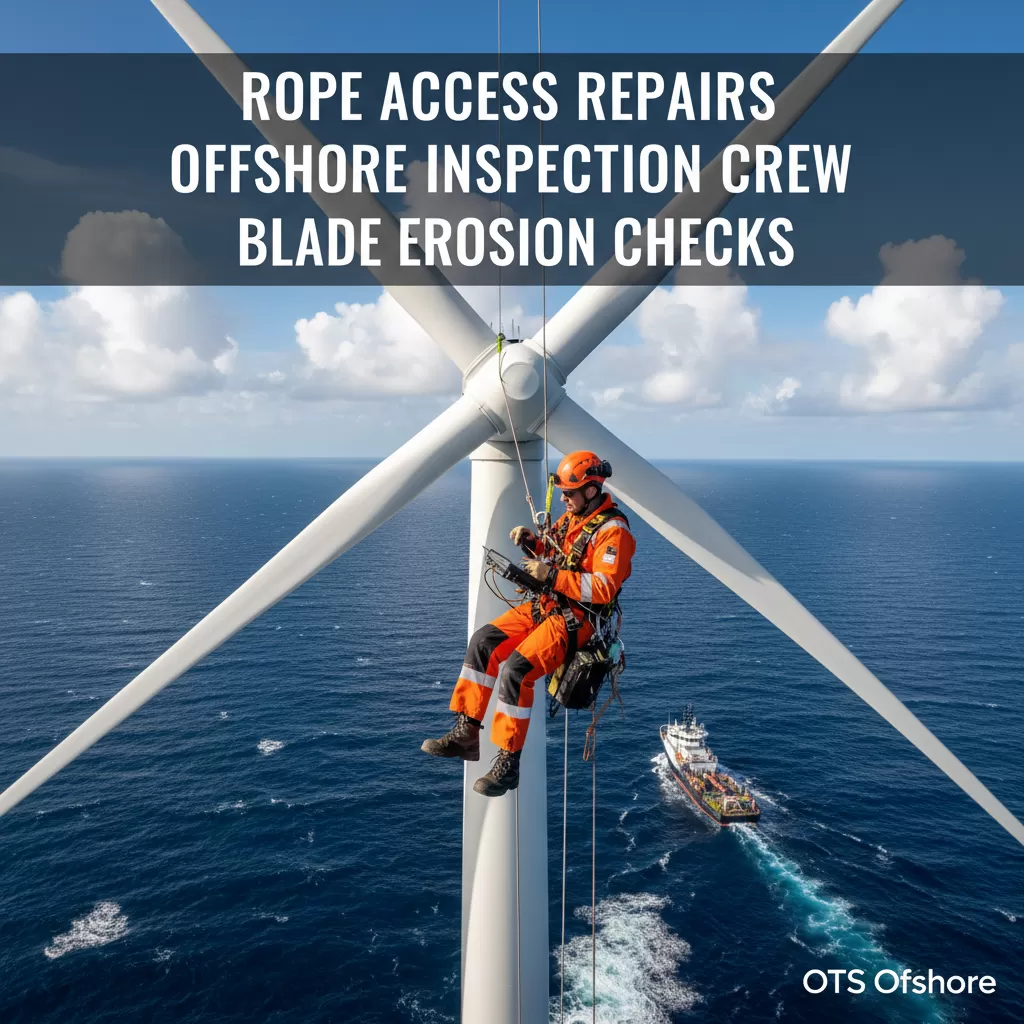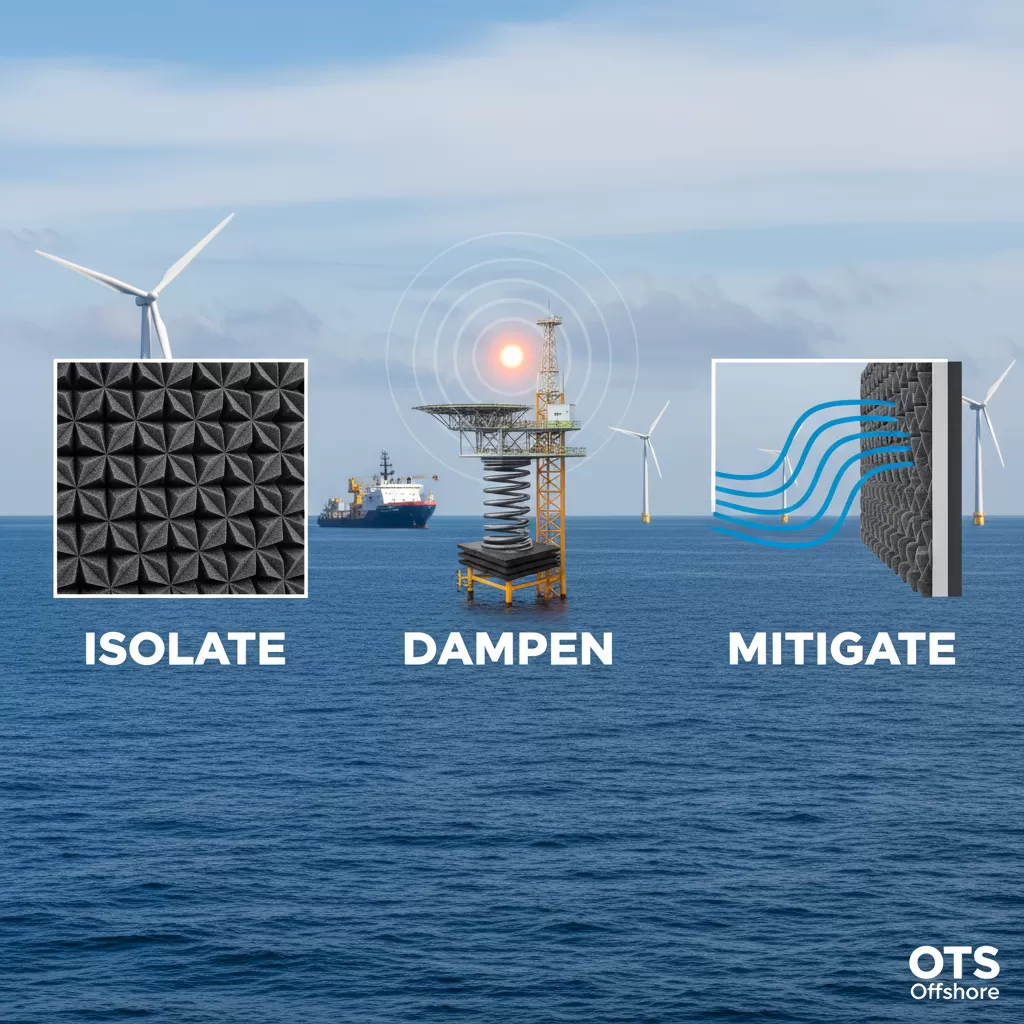Offshore Oil and Gas Industry: Navigating New Regulations and Technological Advancements

In the ever-evolving landscape of the oil and gas industry, two critical elements are driving change: regulatory compliance and technological innovation. Recent developments, from strengthened financial requirements for offshore operations to the integration of 5G technology, highlight the industry’s commitment to sustainability and efficiency.
#### Regulatory Evolution: Strengthening Financial Bonding Requirements
Environmental and Gulf-based groups have paved the way by filing an amicus brief in defense of a federal rule that enhances financial bonding requirements for offshore oil and gas operations[1]. This move aims to reduce the risk of leaving abandoned infrastructure in our oceans and mitigate the financial burden on taxpayers. The new rule, published by the Interior Department in April, seeks to ensure that operators cover the costs of decommissioning, thereby protecting public health, safety, and vulnerable ecosystems.
Industry giants like the American Petroleum Institute are also defending this rule, recognizing its importance in holding operators accountable for their obligations. Despite criticism from states like Louisiana, Texas, and Mississippi, which argue that the rule will affect local businesses and jobs, environmental advocates argue that the long-term benefits outweigh short-term inconveniences.
#### The Mounting Costs of Delayed Decommissioning
Decommissioning is a critical step in the lifecycle of offshore oil and gas projects, involving the dismantling of facilities and restoring areas to their natural state. However, the process has been plagued by delays, with over 2,700 wells and 500 platforms overdue for decommissioning in the Gulf of Mexico as of June 2023[4]. This backlog poses significant environmental, safety, and financial risks, as infrastructure becomes increasingly vulnerable to damage from storms and corrosion.
The government’s exposure to decommissioning liabilities underscores the need for improved regulatory enforcement. The Department of the Interior’s Bureau of Safety and Environmental Enforcement (BSEE) must address these issues by more effectively ensuring compliance with decommissioning deadlines. Simply issuing warnings or citations is insufficient; more punitive actions like civil penalty fines and operator disqualification are needed to incentivize compliance.
#### The Role of 5G Technology in Reinventing Operations
Technological advancements, particularly in digitalization, are transforming the management and operational efficiency of offshore oil and gas projects. The integration of 5G technology is proving pivotal in reducing unplanned downtime and enhancing data-driven decision-making[5].
Innovations like private cellular networks are improving connectivity, allowing for real-time monitoring








